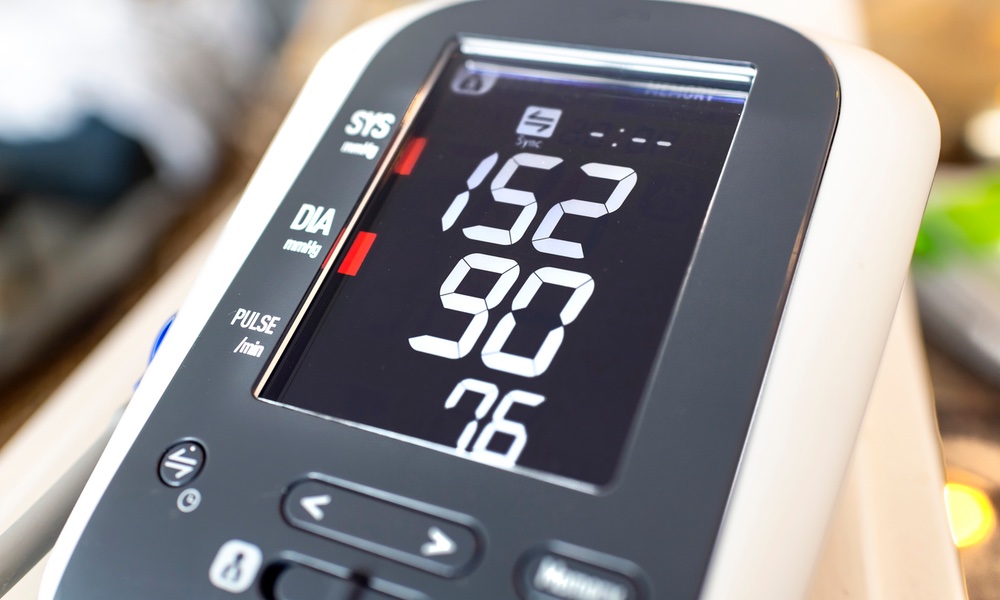Hormone replacement therapy is often prescribed to relieve hot flashes and night sweats, two of the most common symptoms of menopause.
Studies have found a concerning relationship, however, between long-term use of hormone replacement therapy and the likelihood of a woman developing dementia.
Little has been known about the effect of short-term hormone therapy and dementia risk on women taking it as they enter menopause at around 50 to 55 years old. Information on how different options for hormone replacement and routes of administration might affect the risk of dementia have also been lacking. A recent Danish study has begun to fill those gaps.
Danish researchers looked at the relationship between hormone replacement therapy and dementia risk, based on the type of hormone therapy used, the duration of use and a woman’s age at use.The risk of dementia increased with a longer duration of hormone use, going from a 21 percent increase in risk for one year or less of use, to 74 percent for more than 12 years of use.
Almost 5,600 cases of dementia were identified in the study’s population of Danish women who were 50 to 60 years old in 2000. The women developed dementia between 2000 to 2018. These women were age-matched to a group of nearly 56,000 women from the same registry who did not develop dementia during the 18-year study period. Women in both groups had no medical contraindications for taking hormone replacement therapy.
The findings suggest that both long- and short-term hormone replacement therapy could increase the risk of dementia and Alzheimer’s disease in menopausal women.
The average age at dementia diagnosis among women in the study was 70 years old. Before their diagnosis, 32 percent of women had used estrogen-progestin therapy, compared to 29 percent in the control group. Women in both groups had taken estrogen-progestin therapy from the age of about 53 years old. The average duration of treatment was 3.8 years for those who developed dementia and 3.6 years for controls.
Compared with those who never took hormone replacement therapy, women who took estrogen-progestin therapy had a 24 percent increased risk of developing all-cause dementia and Alzheimer’s disease. This association was seen even in women who started therapy at age 55 or younger.
The risk of dementia increased the longer a woman used hormone replacement, rising from a 21 percent increase in risk for one year or less of use to 74 percent for more than 12 years of use. Continuous hormone therapy and cyclical hormone therapy caused similar increases in dementia risk. Progestin-only therapy and vaginal estrogen therapy did not increase the risk of dementia.
Women may not have to entirely give up using hormones to reduce hot flashes and night sweats, however. Hormone therapy for menopausal symptoms can still be safe if taken as directed. “I would recommend following the North American Menopause Society recommendations based on clinical trials that found taking hormone replacement therapy does not affect cognitive function if taken before age 55 and for five years or less,” Kejal Kantarci, co-author of an editorial on the study and a professor of radiology at the Mayo Clinic, told TheDoctor.
The researchers caution that the findings do not prove that hormone therapy causes dementia or Alzheimer’s disease, just that HRT correlates with increased risk. Randomized clinical trials would provide stronger evidence that hormone therapy actually increases dementia risk.
The study and related editorial are published in BMJ, The British Medical Journal.





